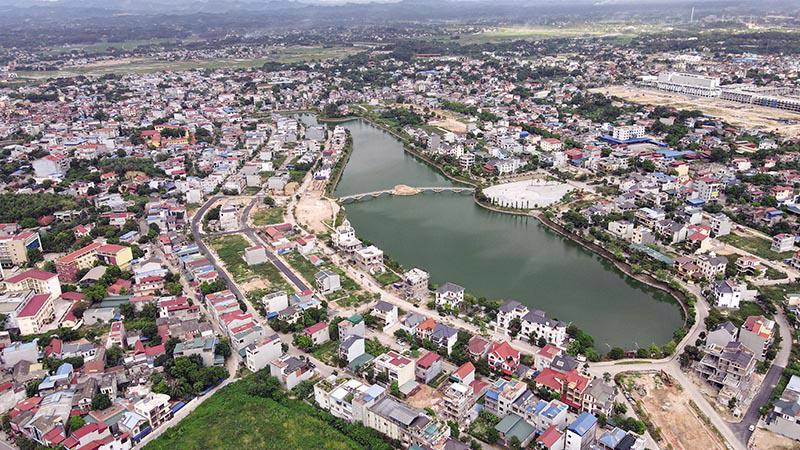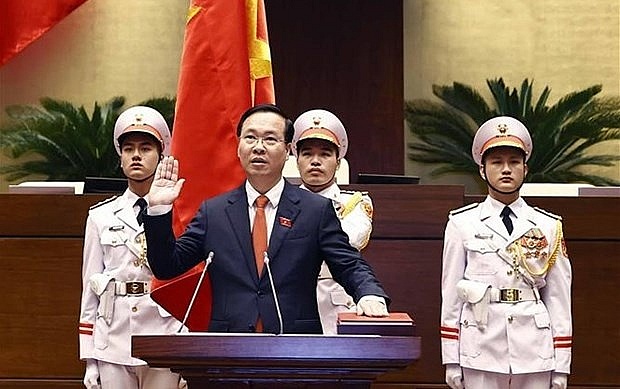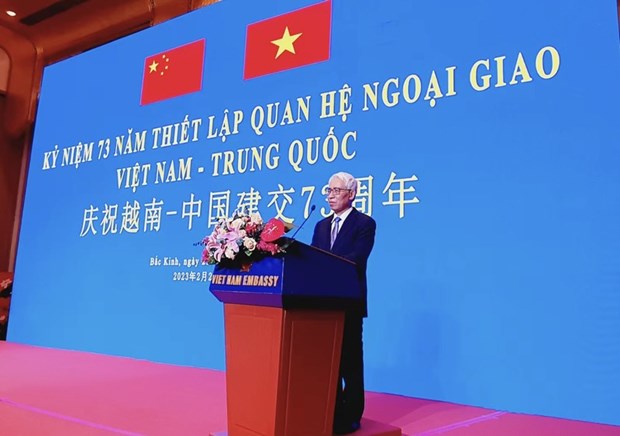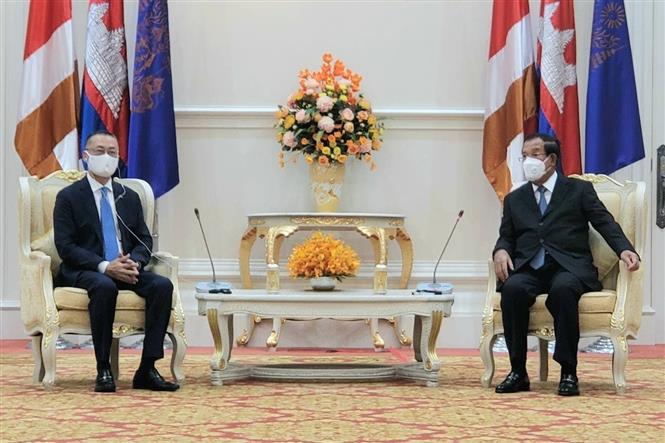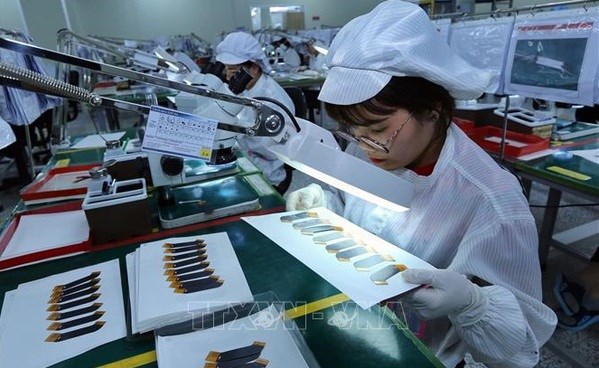Beverage leaders plead for excise tax postponement
Key industry players are calling for the delay of increased taxes on alcohol and sugary drinks to support business recovery and ensure they do not undermine economic growth.
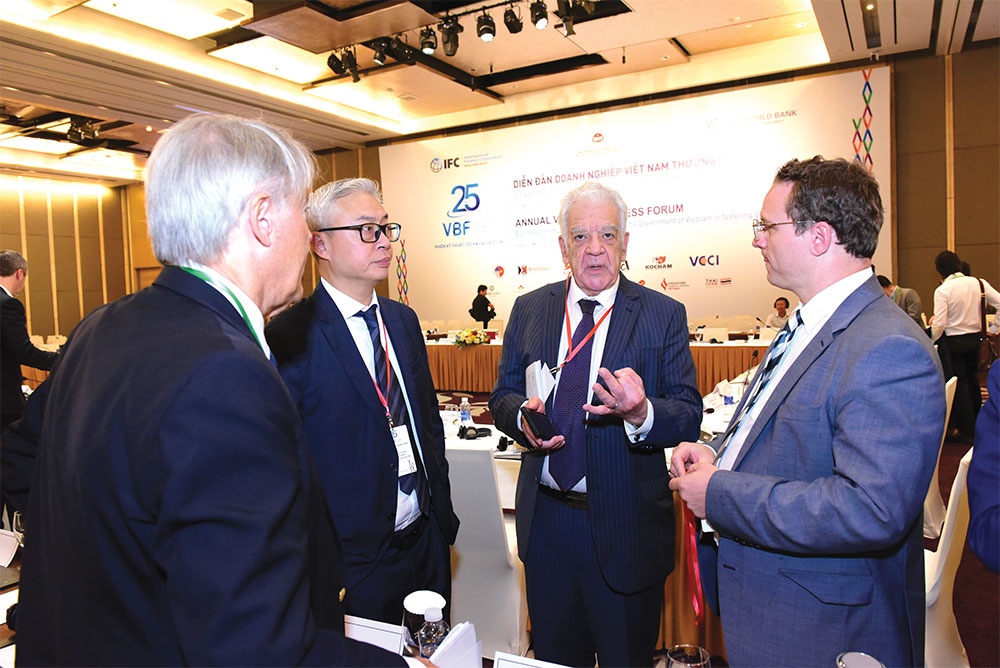
The Vietnam Beer-Alcohol-Beverage Association met in the central city of Danang last week to discuss the Ministry of Finance’s (MoF) proposed tax increase on alcohol and sugary drinks. The association asked for a postponement of the excise tax for at least the next two years, as well as the removal of sugary drinks, barley drinks, and non-alcoholic beverages from consumption tax obligations.
“We acknowledge that there may be a need for additional taxes and fees in the future, but their effects should be carefully evaluated to make sure they help business recovery and do not hinder economic progress. For instance, the government should research how the proposed tax hike could affect both consumers and businesses,” said Nguyen Quoc Viet, deputy director of the Institute for Economic and Policy Research.
Viet explained that the beverage industry has grown in production, but its performance had fluctuated greatly in the past five years.
“An incident like the pandemic damages this industry much more than other industries, like food and tobacco. This proposal is inconsistent with government policies and guidelines on production and business recovery, especially tax reform policy towards 2025,” he added.
“If the tax rate increases now, the total budget revenue is unlikely to increase. Total demand over GDP is decreasing, and raising taxes will cause this proportion to go down.”
Vo Tri Thanh, director of the Institute of Branding and Competition Strategy, said that taxes should not be changed during the current period to give more time to research, assess the social impact, consult businesses, and study international experience regarding the tax.
He suggested that the authorities look at a mixed tax, applying the tax calculation according to an overall percentage and absolute tax, from 2026, when Vietnam should move closer to being an upper middle-income economy.
“Businesses need a stable tax and fee environment to return to pre-pandemic levels, and at the same time make sustainable tax payments to the state,” Thanh said.
Over the past 15 years, duty on the alcohol industry has been adjusted five times. The tax increased from 50 per cent in 2015 to 55 per cent in 2016, and then rose to 65 per cent in 2018. The taxable basis also shifted from the import price to the wholesale price.
Other industry players claimed that any change in tax policy could undermine the Vietnamese government’s efforts to improve the country’s business environment and competitiveness.
“The country’s socioeconomic progress has been significantly influenced by the alcoholic beverage industry,” said Nguyen Van Viet, chairman of the Vietnam Beer-Alcohol-Beverage Association chairman. He highlighted how the industry generates employment and adds an estimated $2.6 billion to the state budget each year, encouraging the growth of other industries. Companies in the industry are also setting the bar for corporate social responsibility and sustainable growth.
Multinational financial news site Business Insider predicted weakened consumer spending will impact the growth of beer sales in 2023. Moreover, some regulations, including the prevention and control of alcohol-related harm and a decree regulating strict fines for drink-driving introduced in 2020, are believed to have reduced alcohol consumption by 20-30 per cent.

